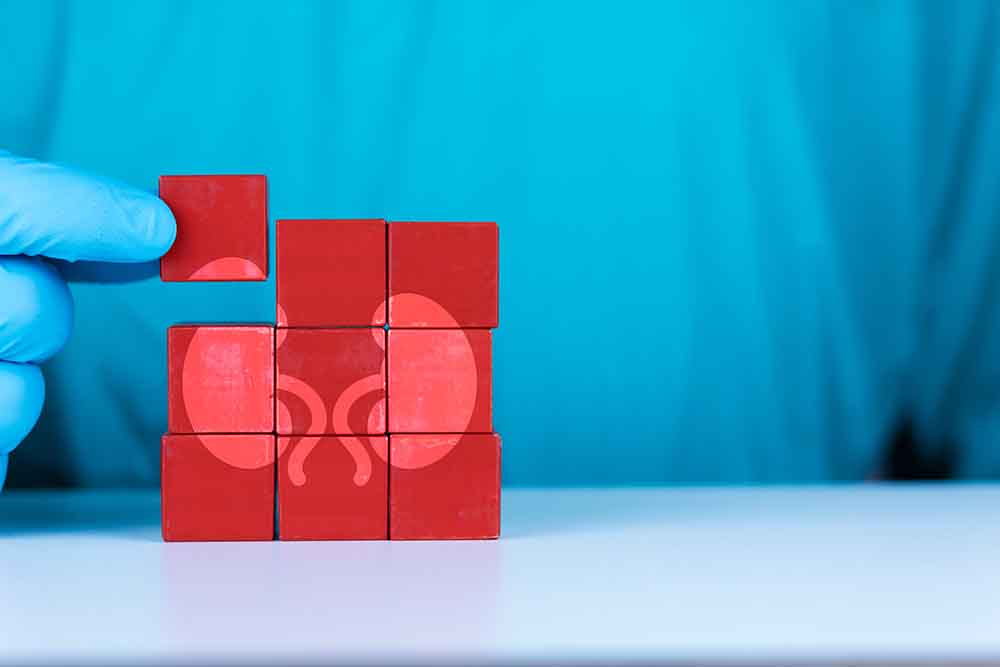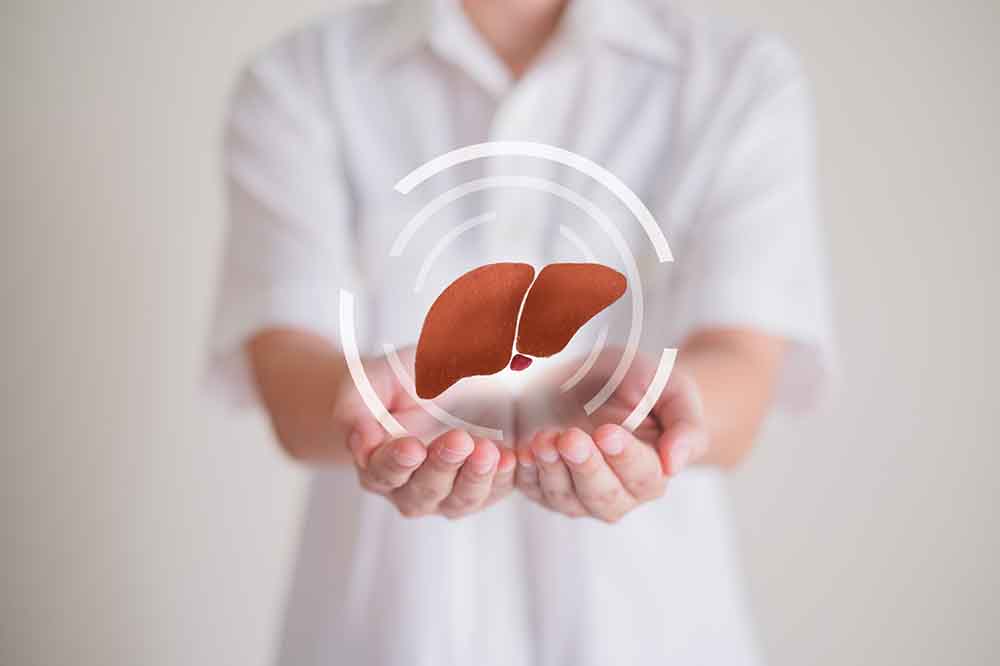India observes National Organ Donation Day on 27 November, dedicated to raising awareness about the life-saving impact of organ donation. Over the past few decades, the country has made significant strides in the field of organ transplantation. With nearly 17,000–18,000 solid organ transplants conducted annually, India ranks third globally after the United States and China. Yet, challenges such as low per capita transplantation rates, inequitable access, and ethical dilemmas continue to impede progress. When we look at transplants per million people, the picture isn’t as rosy, with only 0.65 transplants per million. It’s clear that while we’re achieving a lot, the demand far outstrips supply.

Take kidneys, for instance – the most transplanted organ in the country. Despite over 11,000 kidney transplants annually, this number barely scrapes the surface when you consider the 200,000 cases of renal failure reported each year. Many patients, unable to afford private healthcare, rely on lifelong dialysis or alternative treatments, often with heartbreaking results.
Initiatives By The Govt
A big push has been made towards encouraging deceased organ donations, which are far more common in high-income countries. But in India, cultural and religious beliefs, combined with a lack of awareness and infrastructure, create hurdles. The numbers have improved slightly, with the average organs harvested per donor rising from 2.43 in 2016 to 3.05 in 2022, but there’s still a lot of room for improvement.
Tamil Nadu sets the example with simple yet effective measures like creating waiting lists, engaging healthcare professionals, and establishing green corridors to transport organs. The state has performed over 4,700 transplants from deceased donors since 2008. If this can work in one state, why not across the country?

Steps Towards Equity And Accessibility
To bridge the gaps in India’s organ transplantation system, the government must prioritise inclusivity and accessibility.
1. Strengthening Public Healthcare: Investing in diagnostic infrastructure and public hospitals to support deceased donor transplants.
2. Subsidising Transplants: Offering financial incentives or waivers for private hospitals that perform transplants for low-income patients.
3. Promoting Awareness: Educating communities about the benefits of organ donation and dispelling cultural myths.
4. Implementing Standardised Fees: Introducing an organ acquisition fee for private hospitals, with proceeds reinvested into public health infrastructure.
By fostering a culture of organ donation, ensuring equitable access, and collaborating with neighbouring countries, India can transform its organ transplantation landscape and save countless lives.
